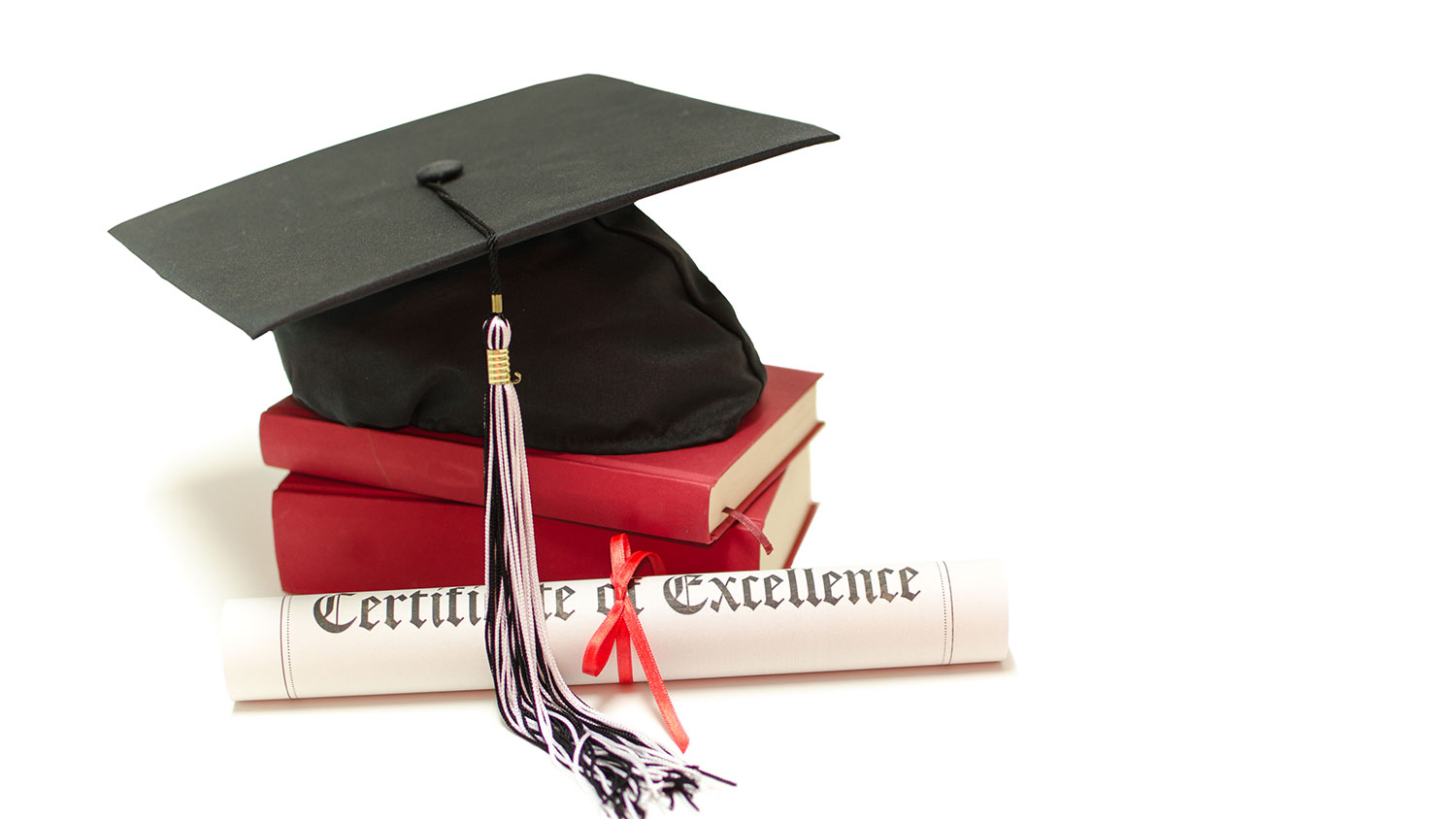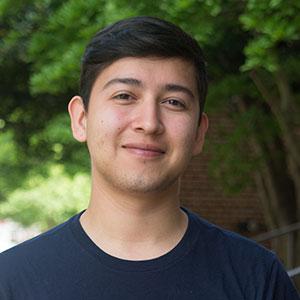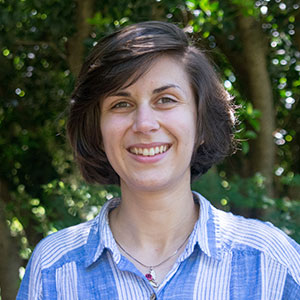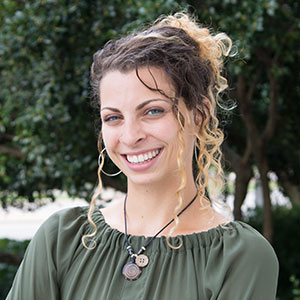
Where can you learn about diversity, equity, inclusion, cultural competence, social justice and many other related topics while holding down a campus job? Why, the Office for Institutional Equity and Diversity, of course.
To get ready to say farewell to our interns, some for the summer and others for the foreseeable future, the Digest presents profiles of a few of the students who worked behind the scenes to help make OIED’s programs and events a success.
Mauricio Carillo
 Pronouns: he, him, his.
Pronouns: he, him, his.
Major: Double major in business administration with a concentration in supply chain management and international studies with a concentration in Latin America; minors in Spanish and ethics.
How long have you been working in the Office for Institutional Equity and Diversity? Since spring semester, 2017.
What are some of the memorable projects you’ve worked on? Working through and researching the annual program evaluations of the Equal Opportunity Institute (EOI) and being able to see how much people have changed throughout the program. It is really impactful knowing that I am part of that work in some way. The three annual EOI graduations I have attended have been incredibly rewarding, seeing the growth and flourishing of faculty, staff and students on campus because of this program.
How are you different now than you were when you began working in OIED? I am different in that I am further mobilized by my surroundings. Being part of diversity and inclusion for two years reinforced my conviction of knowing that the minimum shouldn’t be accepted if the maximum of what someone needs in an institutional environment can be met.
What will you be doing next year? After graduation, I will be working in Schneider Electric’s Global Supply Chain Advanced Development Program for two years, in two locations, in four different positions. I leave for Los Angeles in early June.
What will you take with you that you’ve learned in OIED? I will take the fact that the people I work with are everything. I’ve met and connected with so many incredible people. I have really found myself a family in OIED, and I will take that with me. I hope that in other places, I will have people who support me and who I can count on going forward.
What is your advice for younger or incoming students? Your experience is what you make of it — your attitude, your willingness to jump on projects, the way you connect with people — makes a huge difference in what your experience will be. Be open to wherever it will take you.
Eko Owen
 Pronouns: she, her, hers, they, them, theirs.
Pronouns: she, her, hers, they, them, theirs.
Major: Double major in political science and international studies with a concentration in East and Southeast Asia.
How long have you been working in the Office for Institutional Equity and Diversity? Since fall semester, 2017 except during study abroad last spring on the Sunshine Coast of Eastern Australia.
What are some of the memorable projects you’ve worked on? The diversity documentary series, because I got to explore lots of different parts of current culture as well as the history of America and its different groups. This semester, I evaluated documentaries, determined which ones align with OIED’s goals, took notes and monitored for trigger issues and sensitive topics. I did write-ups for all the ones we looked at, noting how engaging they are, topics covered, relevancy and whether they are a good fit for the project. We’ll be sending it out this summer for review to groups around campus. The plan is to launch in fall as part of the cultural competence education initiative. I also liked working with the Equal Opportunity Institute, taking workshops and talking to participants. Everyone has a completely different perspective. I would recommend the program to undergrads. More should be taking it. There were a lot of topics, like the Protected Class of Disabilities workshop, that I did not know anything about. Same with the Protected Class of Veteran Status — I did not know much about that population at all. I recommend that every student take at least a couple of the workshops.
How are you different now than you were when you began working in OIED? I feel like I don’t know as much as I thought I did. I’m humbled. I still have so much to learn about so many different groups. I got to see how different forms of oppression play into one another and overlap. I did not realize that before.
What will you be doing next year? I will be graduating in December, so I will be back this fall.
What is your advice for younger or incoming students? I would say come work in OIED — you’ll learn so much, and you might find that you want to do this as future career. You only have things to gain. I wasn’t thinking about law school until I worked here. I still don’t know a lot but I want to help people get to where they need to be. I would say if there is something that looks interesting to you, even if you’ve never thought about it, take every opportunity you may have. You might end up falling in love with something you had no interest in before.
Leah Block
 Pronouns: she, her, hers.
Pronouns: she, her, hers.
Major: Communication major with a concentration in IOR (interpersonal, organizational, rhetorical) and a minor in sociology.
How long have you been working in the Office for Institutional Equity and Diversity? Since fall semester of 2018 with OIED Communications and for two years with The Movement, a group of trained peer educators in the Women’s Center who facilitate workshops on issues of gender equity and social justice. I also worked as an undergraduate research assistant with Dr. Jessica Jameson, professor of communication.
What are some of the memorable projects you’ve worked on? I researched and wrote articles for the Diversity Digest, OIED’s biweekly e-newsletter, including a series on food and housing insecurity, another on healthy relationships, a student voter guide and features about OIED programs and events. I also managed OIED’s Twitter and Instagram accounts.
How are you different now than you were when you began working in OIED? I feel like I’ve grown into a better communicator all around since working here. I’ve learned how to back up what I write with evidence, and my approach toward social justice has changed. I see the reach that writing and social media have, and I see communication as a process involved in that instead of just as an end to a destination. We can be activists in the office as well as in the streets. If you can communicate alongside communities, then you can help create the change you want to see in the world. And don’t be afraid to get creative with it.
What will you be doing next year? Traveling across the country, working with youth in a wilderness setting. I will then return to Raleigh to live, work and grow my skills. I take a newfound sense of creativity and my passion for social justice. I don’t have to leave my creativity at the door, nor do I have to leave my passion for social justice at the door, and going forward, I know that.
What is your advice for younger or incoming students? Don’t be afraid to ask for help. There’s this idea that once you’re in college you have to accomplish everything on your own, but there’s absolutely no shame in asking for help from peers, mentors, any of our centers. Some of the staff working in the centers were some of my greatest mentors, talking with me about my day, my week and my long-term goals.